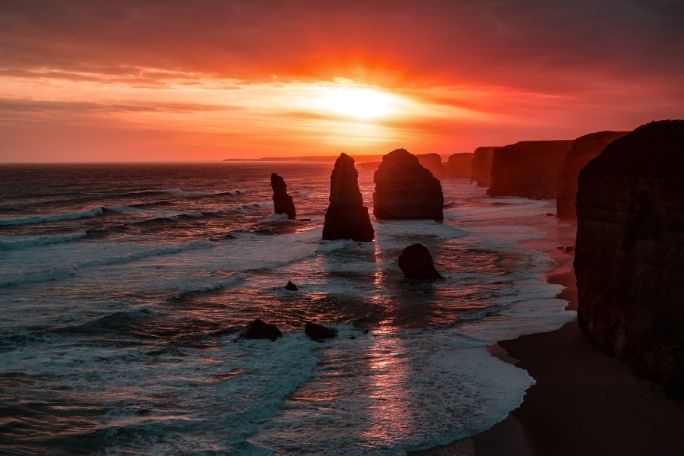Lesson summary
This activity is designed to get children thinking about their favourite places in nature and how these places make them feel. Younger children will look at and talk about images of themselves enjoying their favourite places in nature. Older children will explore their relationships to the places they love in more depth, and begin to make the connection between their personal behaviours and the health of these special places by switching off lights and appliances for Earth Hour Schools Day.
Lesson guides and printables
Lesson details
Curriculum mapping
Learning Outcome 1:
- Children have a strong sense of identity
- 1.2 Children develop their emerging autonomy, interdependence, resilience and sense of agency
Learning Outcome 2:
- Children are connected with and contribute to their world
- 2.3 Children become aware of fairness
Learning Outcome 4:
- Children are confident and involved learners
- 4.1 Children develop dispositions for learning such as curiosity, cooperation, confidence, creativity, commitment, enthusiasm, persistence, imagination and reflexivity
- 4.2 Children develop a range of skills and processes such as problem solving, inquiry, experimentation, hypothesising, researching and investigating
- 4.3 Children transfer and adapt what they have learned from one context to another
Learning Outcome 5:
- Children are effective communicators
- 5.1 Children interact verbally and non,verbally with others for a range of purposes
- 5.3 Children express ideas and make meaning using a range of media
- 5.5 Children use information and communication technologies to access information, investigate ideas and represent their thinking
Resources required
- Appliance Flashcards
- Printed photos of children in favourite places
- Poster supplies: paper, colouring pencils and pens
Other resources:
Additional info
This lesson has been created in partnership with WWF-Australia. Earth Hour is the world’s largest community-driven climate change campaign. At the centre of Earth Hour is switching off lights to show a commitment to taking action.
Thousands of teachers use Earth Hour’s education program to enrich their curriculum and provide pathways for young people to create change in their world.
For the most up to date Earth Hour dates, times, and events, check here.


Welcome back!
Don't have an account yet?
Log in with:
By signing up to Cool.org you consent and agree to Cool's privacy policy to
store, manage and process your personal information. To read more, please see
our privacy policy here(Opens in new tab).
Create your free Cool.org account.
Many of our resources are free, with an option to upgrade to Cool+ for premium content.
Already have an account?
Sign up with:
By signing up to Cool.org you consent and agree to Cool's privacy policy to
store, manage and process your personal information. To read more, please see
our privacy policy here(Opens in new tab).